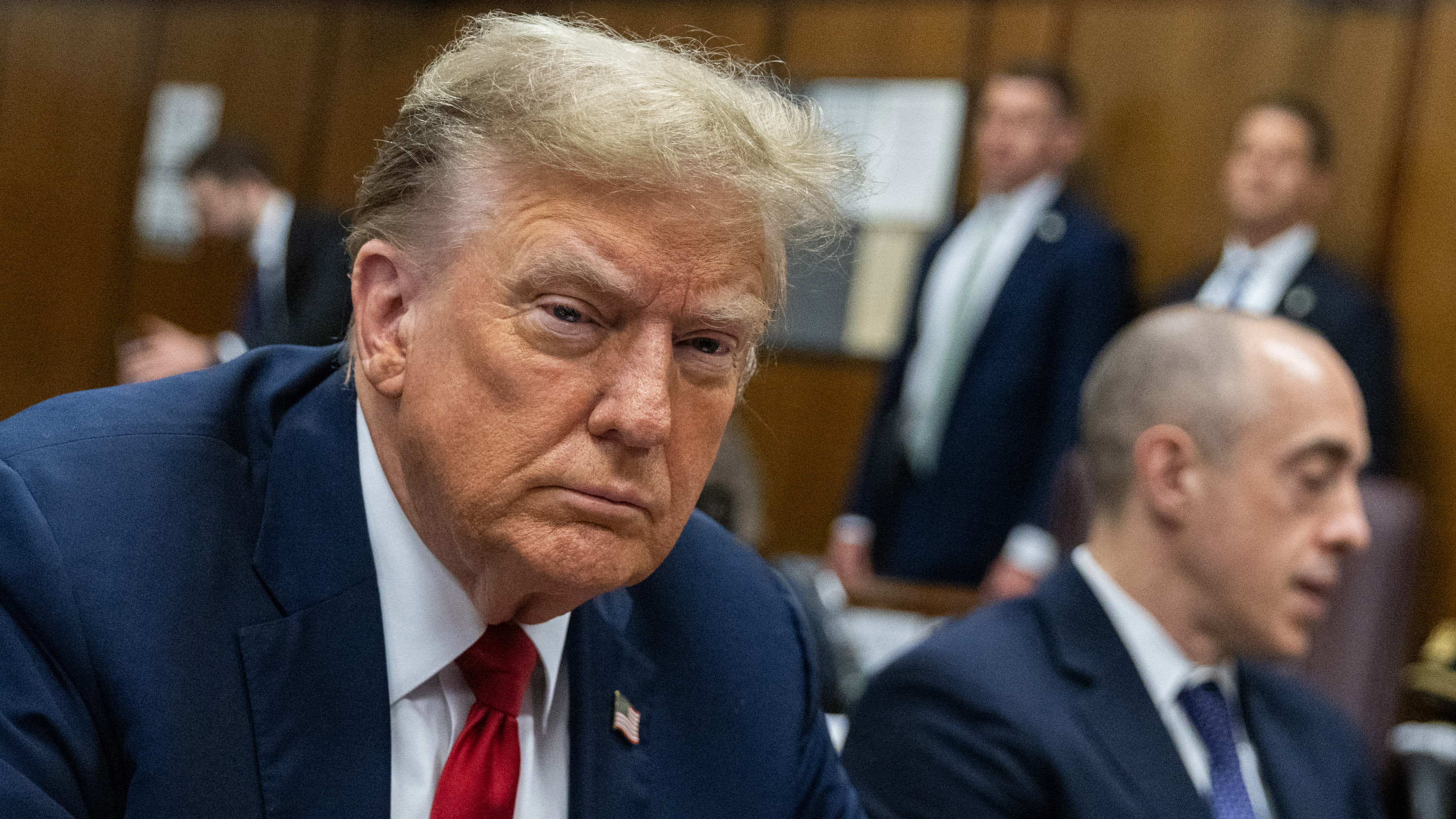They built a new digital voting system, but the voters didn't come.
Calling it voter-apathy would be an understatement. For the first-in-the-national all-digital election for neighborhood board seats in Honolulu, Hawaii, voter turnout was a whopping 6.3 percent.
There is, however, some disagreement as to why only a little more than 1-in-20 eligible voters used the voting procedure that allowed ballot casting by Internet or by touch-tone phone.
"The technology side, it works," said Joan Manke, executive secretary of the commission. "But it's a whole new arena. It's something that's removed from your traditional paper ballots, which has been done for years and years.
"So my sense is because it's a change, it's something totally new, it takes time. I think, for people to buy into it, to want to actually try it," she added.
But the head of Everyone Counts, the San Diego-based firm that put the system together, said the low turnout announced with the results Tuesday had little to do with the technology. Instead, many voters may just have felt little inspiration to cast ballots, said Chief Executive Officer Lori Steele.
"Our systems aren't really about turnout. They're more about accessibility to participation," said Steele. "I think in local elections you'll find that -- well, probably in all elections -- turnout really depends on the candidates and the political parties and the election officials and their marketing campaigns."
U.S. & World
Stories that affect your life across the U.S. and around the world.
In the meantime, the commission can devise ideas on how to attract more people to run for board seats. That may drive costs higher, because more voters would have to be sent passcodes, Manke said. But more active campaigns for more seats may improve voter turnout, Manke said.



